These cities could take a serious toll on your mental health, no matter how strong you are.
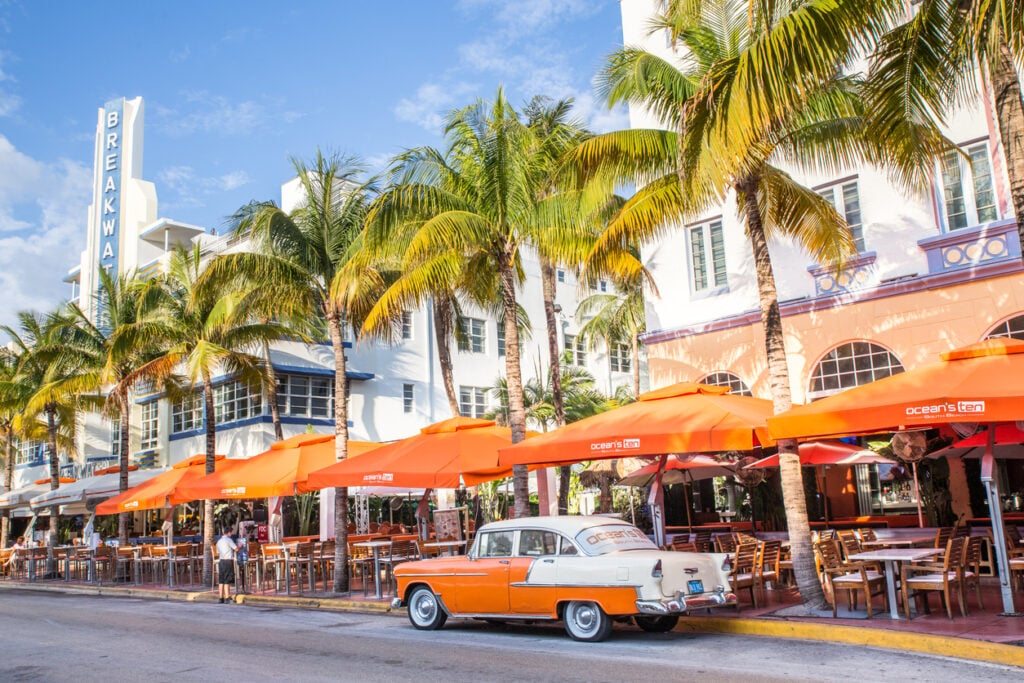
Where you live plays a huge role in your mental well-being. While some cities offer a perfect balance of work, social life, and nature, others can leave you drained, anxious, or completely burned out. Whether it’s endless work hours, social isolation, sky-high living costs, or just a lack of green space, certain cities seem designed to wear people down rather than lift them up.
Some of these places push a work-first culture that leaves little room for rest, while others struggle with loneliness, high crime rates, or financial stress. If mental wellness is a priority, it’s worth considering which cities could make life harder than it needs to be. Here are 11 U.S. cities that, for a variety of reasons, could negatively impact your mental health.
1. New York City pushes the workaholic lifestyle to the extreme.
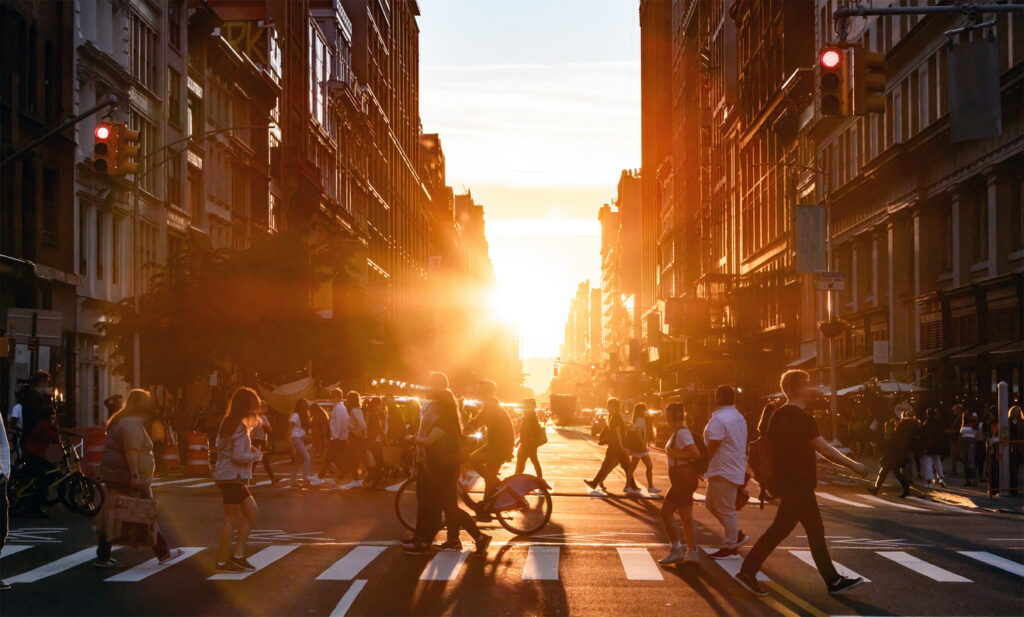
New York City may be the city that never sleeps, but that’s exactly the problem, as stated by Wikipedia. The relentless work culture, expensive living conditions, and overcrowded spaces can make daily life feel like an uphill battle. While some thrive in the fast-paced environment, many find themselves constantly stressed, overworked, and financially stretched.
The cost of rent alone can be a mental health nightmare, forcing people into long commutes or multiple jobs just to stay afloat. Add in the high noise levels, packed subway rides, and lack of personal space, and it’s easy to see why anxiety and burnout run high in NYC.
2. Los Angeles isolates people in traffic and social competition.
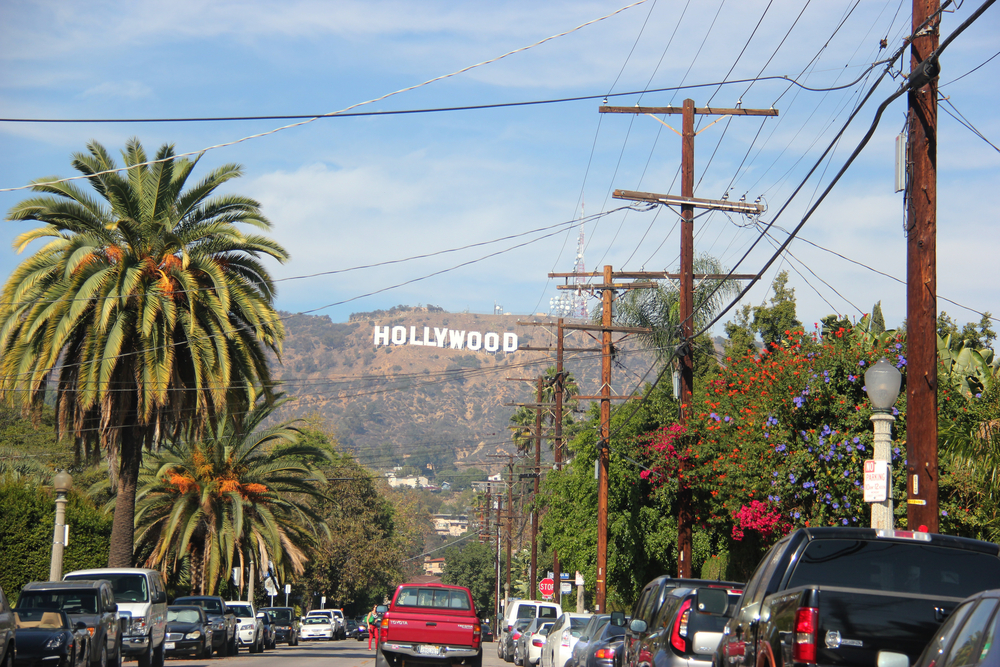
Los Angeles might look glamorous, but living there can be a lonely experience. The city’s layout forces people into long, frustrating commutes, which eats into personal time and creates a sense of disconnection, according to the writers at LA Progressive. It’s common for friendships to fade simply because getting across town feels like an impossible task.
On top of that, LA’s social culture can be tough. There’s immense pressure to “keep up” in terms of success, appearance, and lifestyle. If you’re not in the entertainment industry, it can feel like an uphill battle to fit in. The combination of isolation, financial pressure, and an ever-present hustle culture can be exhausting.
3. Washington, D.C. is drowning in political stress and burnout.
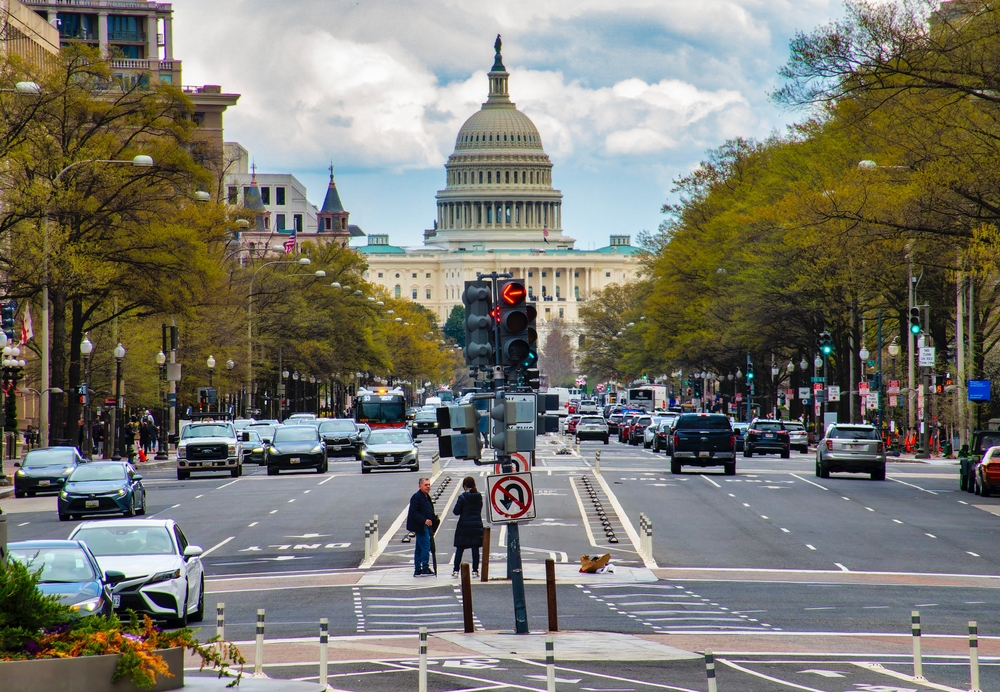
Washington, D.C. is home to power, prestige—and relentless pressure. The city attracts ambitious professionals, but the high-stakes work environment leaves little room for mental rest. It’s common for people to be constantly checking emails, networking, and working long hours, making burnout almost inevitable, as reported by the writers at The Honest Local.
Beyond work stress, the city has some of the worst traffic congestion in the country, which only adds to daily frustration. Political tension also weighs heavily on residents, as national events often feel personal when they unfold in your backyard. Living in D.C. means constantly absorbing stress, whether from work or the news cycle.
4. San Francisco combines sky-high living costs with social disconnect.
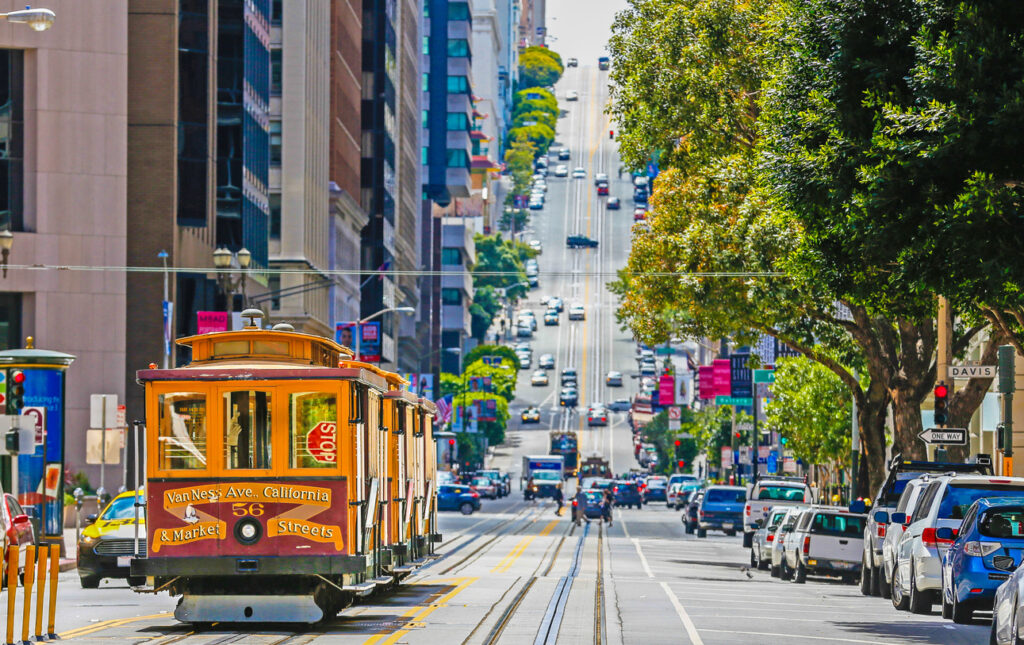
San Francisco may be a tech hub, but it’s also one of the most expensive cities in the U.S. The cost of living creates constant financial anxiety, with many residents spending the majority of their income on rent. The housing crisis has pushed people further away from the city center, making commutes long and social interactions limited.
The city’s tech-driven culture can also be isolating. Many professionals work long hours in high-pressure jobs, leaving little time for community or personal well-being. Despite its beauty, San Francisco can feel lonely, with financial stress and work expectations taking a major toll on mental health.
5. Chicago’s extreme weather and high crime rates take a toll.
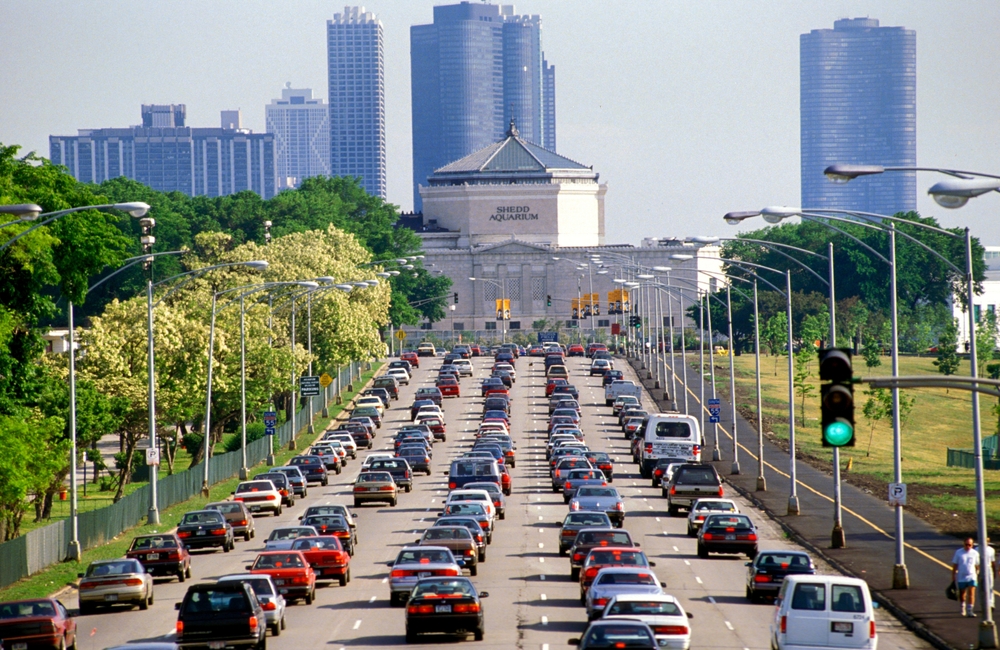
Chicago offers a vibrant city life, but the mental strain of living there can be significant. Winters are brutally cold and dark, leading to seasonal depression for many residents. The combination of icy sidewalks, snowstorms, and long stretches of gray skies can make daily life feel like a struggle.
On top of that, crime is a real concern in certain neighborhoods, adding another layer of stress. While parts of the city are perfectly safe, the fear of violence or theft can create ongoing anxiety. Between the harsh winters and concerns about safety, Chicago can be mentally exhausting.
6. Houston’s heat and lack of walkability wear people down.
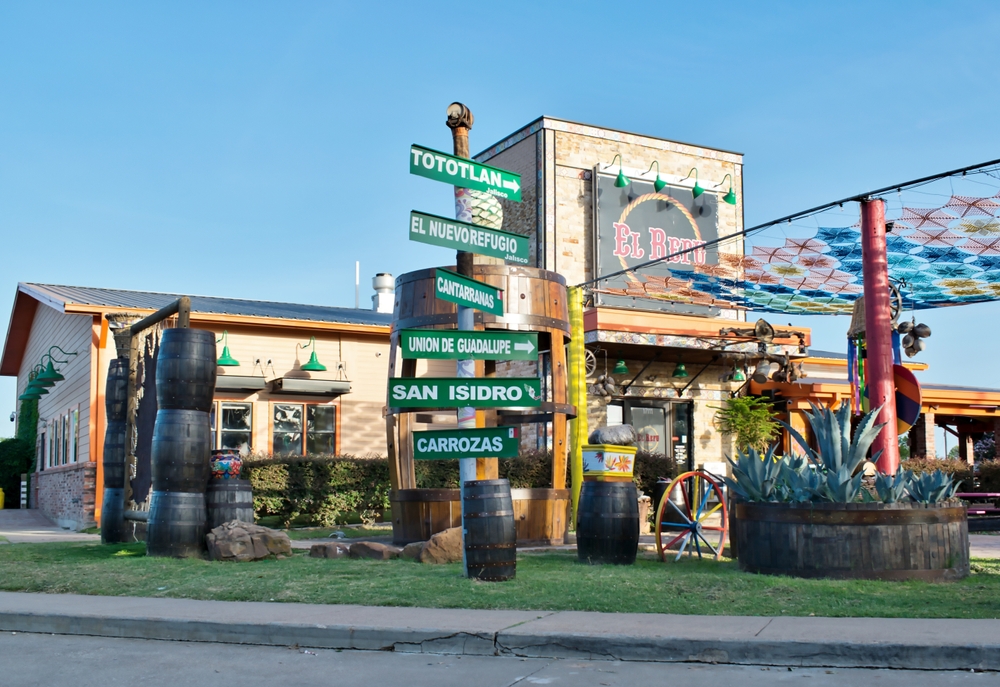
Houston is known for its booming economy, but living there isn’t always easy. The extreme heat and humidity make outdoor activities unbearable for much of the year, limiting opportunities for stress-relieving time outside. Unlike other major cities, Houston lacks good public transportation, forcing people into long commutes in heavy traffic.
The city’s spread-out nature can also make social connections harder to maintain. With everything so far apart, spontaneous socializing is rare, and friendships often require major planning. Over time, the combination of heat, traffic, and isolation can drain mental energy.
7. Las Vegas overwhelms with its nonstop energy and transience.
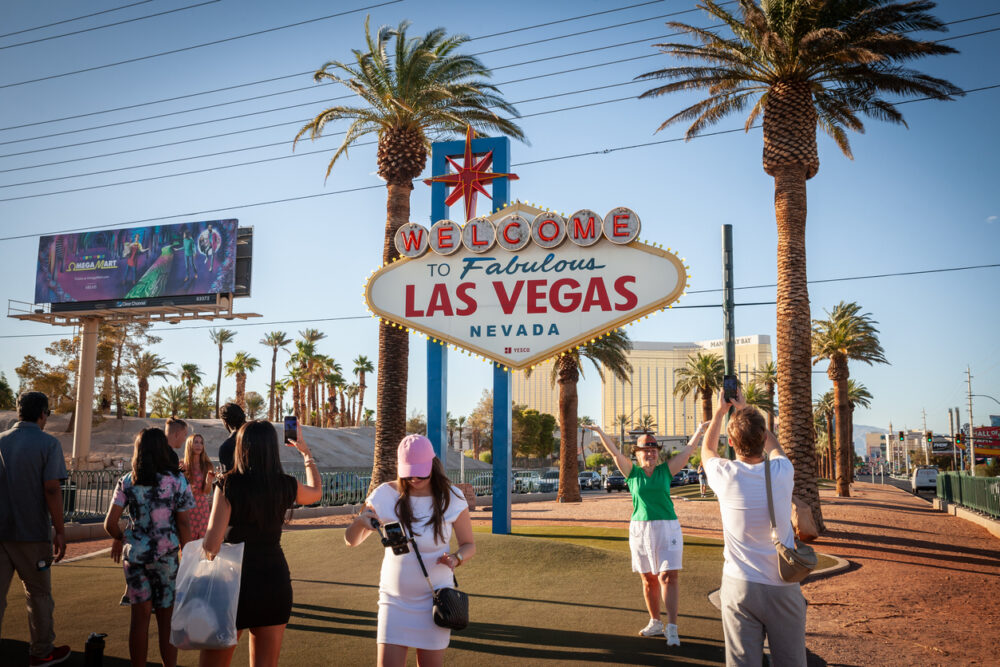
Las Vegas may be fun to visit, but living there comes with unique challenges. The city never really shuts down, making it hard for residents to find peace and quiet. If you work in the hospitality or entertainment industry, late hours and unpredictable schedules can leave you exhausted and disconnected from a normal routine.
There’s also a high turnover rate among residents, making it difficult to build long-term friendships. Many people come and go, creating a sense of impermanence that can feel unsettling. Between the overstimulation and lack of deep-rooted community, Vegas can be mentally exhausting.
8. Miami’s party culture and financial pressure create stress.
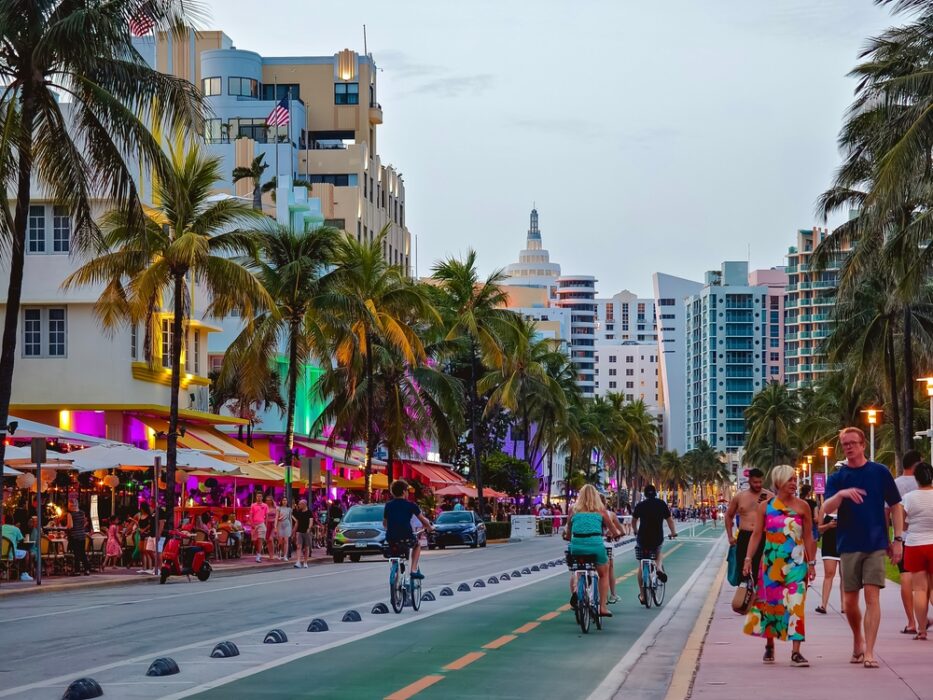
Miami offers beautiful beaches and a vibrant nightlife, but it also has a party culture that can be overwhelming. The pressure to be “out and about” all the time can create a sense of FOMO (fear of missing out), making it hard to find balance. If you’re not into the constant social scene, it can feel isolating.
Beyond that, Miami’s rising cost of living has made it harder for people to stay financially stable. Housing prices have surged, and wages haven’t necessarily kept up. The result? Many residents experience financial stress while trying to maintain a lifestyle that looks effortless on the surface.
9. Phoenix’s isolation and extreme heat impact mental well-being.
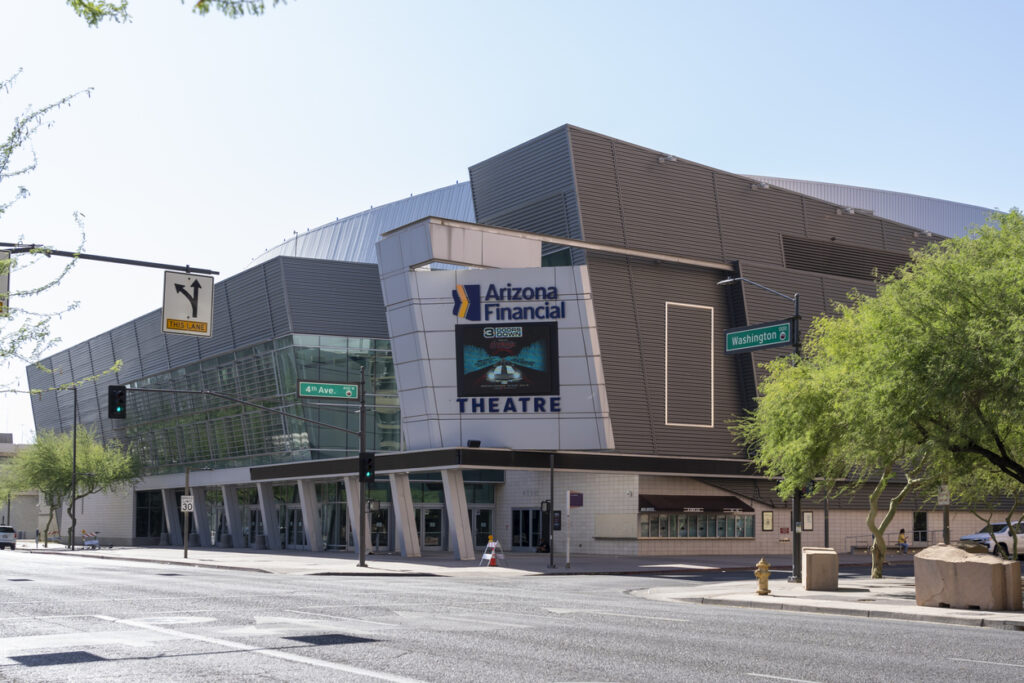
Phoenix has been growing rapidly, but that doesn’t mean it’s the easiest place to live. The extreme desert heat can be physically and mentally draining, with summer temperatures often soaring over 110°F. Being stuck indoors for months at a time can lead to boredom and isolation.
The city’s layout also makes it difficult to connect with others. Everything is spread out, and public transportation is limited, which means most people rely on cars to get around. If you don’t have a strong social network, Phoenix can feel isolating.
10. New Orleans struggles with economic instability and hurricane anxiety.
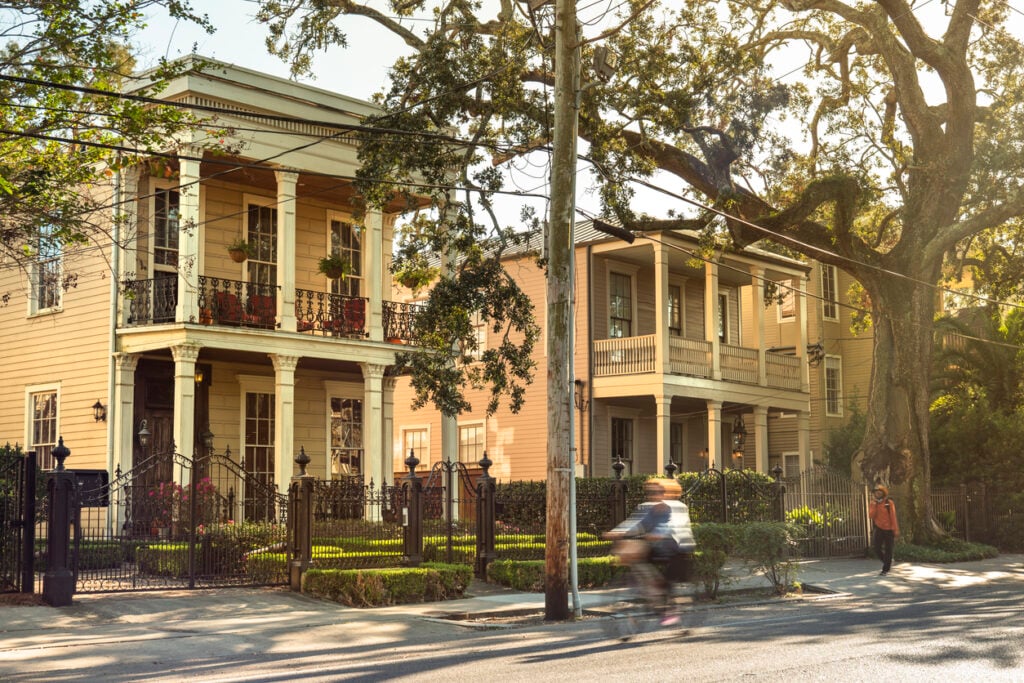
New Orleans has an incredible culture, but it also comes with major mental health challenges. The city’s economy has been unstable for years, and many residents struggle with financial insecurity. Job opportunities are limited in certain fields, making long-term stability difficult.
Hurricane season also brings a constant sense of uncertainty. The threat of extreme weather and potential evacuations creates ongoing stress for those who live in the region. While the city’s energy is unmatched, the financial and environmental pressures can be overwhelming.
11. Detroit’s economic challenges and infrastructure issues weigh on residents.
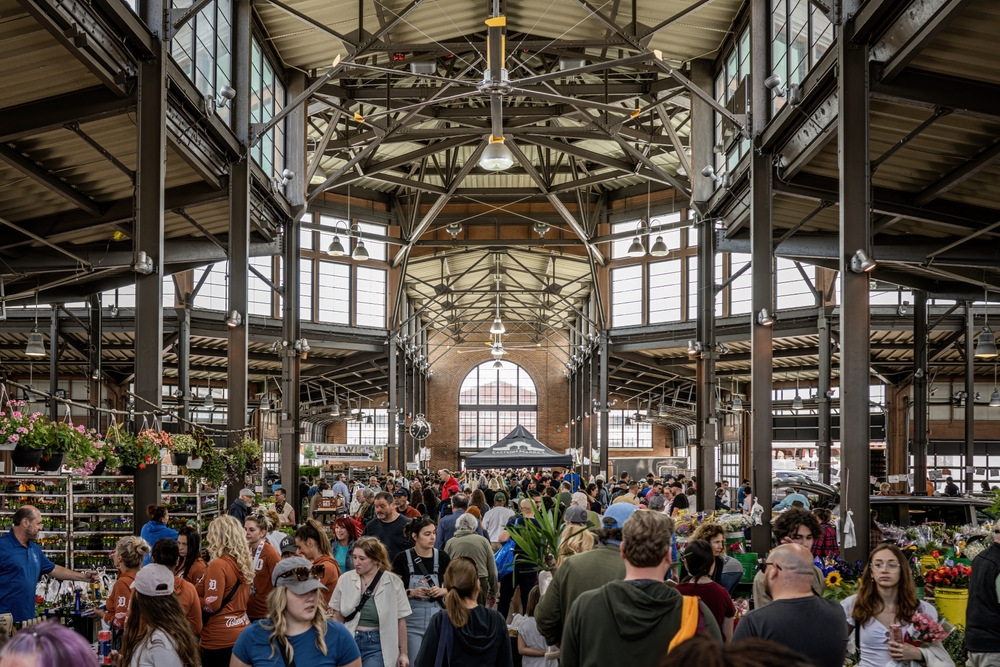
Detroit has been rebuilding for years, but economic struggles continue to affect residents. Unemployment rates are higher than the national average, and certain neighborhoods still suffer from abandoned buildings and lack of resources. These conditions contribute to a sense of instability and stress.
The city’s aging infrastructure also presents daily challenges, from unreliable public transit to inconsistent city services. While Detroit has a strong sense of community, the financial difficulties and urban decay can take a serious toll on mental well-being.
